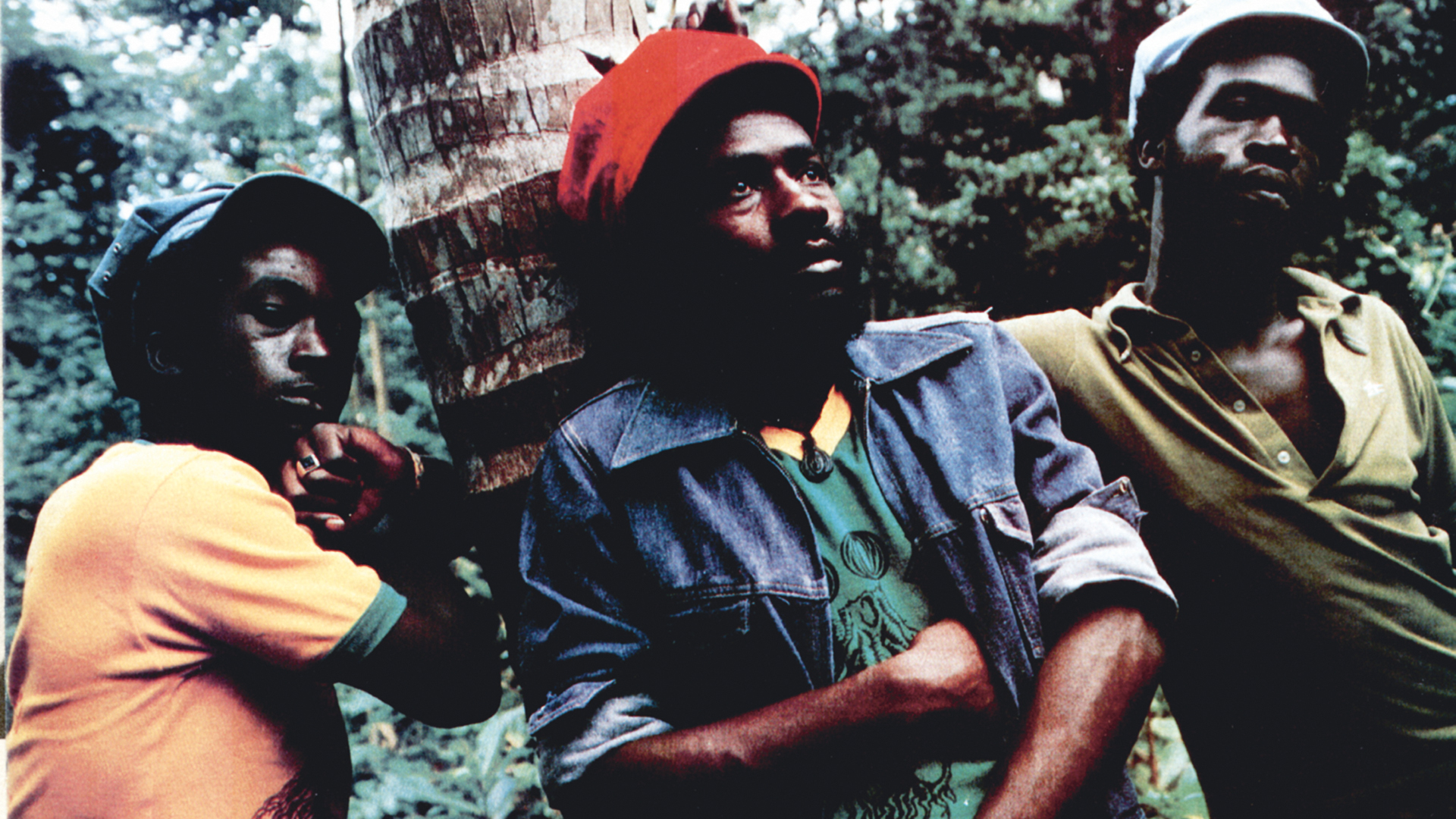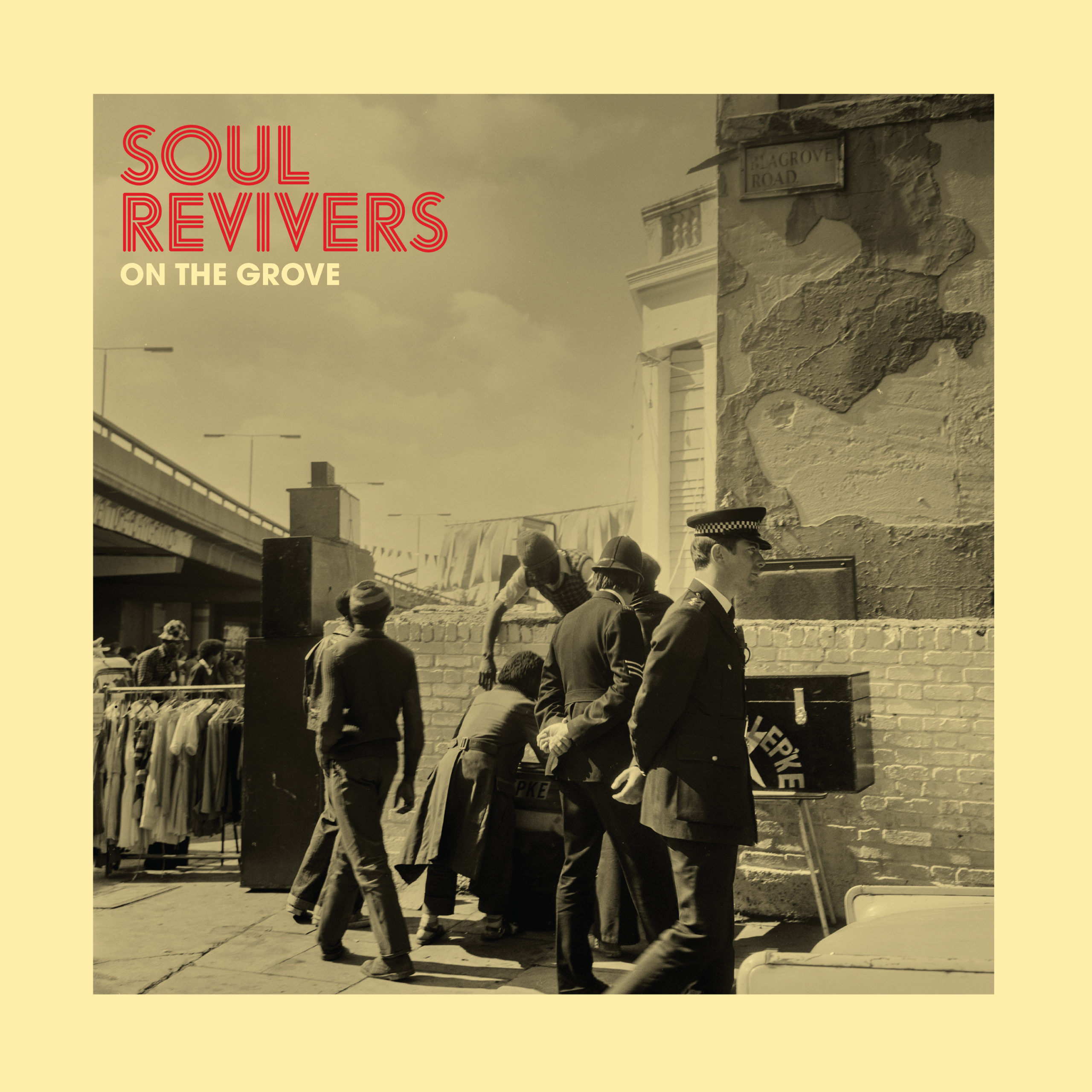At 55, I’m a bit too young to have gone to the Rock Against Racism demos in London in the late Seventies. But I grew up in their shadow, fed by The Specials and The Clash, in a time where you took sides musically as well as politically. I knew people who liked Blondie and Stiff Little Fingers, but from the age of 13 or 14 there was little doubt that my musical avenue led straight to Kingston, Jamaica. The other stuff just wasn’t serious. And within a few years I had progressed from the Bob Marley Live! album and the odd Trojan compilation to a fully fledged obsession with underground heavyweight roots reggae, and it’s flipside dub, which has never really gone away.
I love and follow modern reggae and I also listen to all sorts of other music these days, but classic reggae remains a kind of default for me. There is something about the great roots music that came out of Jamaica, and a little later the UK, from about 1968 to 1981 that is crucial. Militant gold.
A more militant, more Rasta-conscious, more minor key, more drums and bass-led music emerged from Kingston in the early ’70s, spurred on by the success of Bob Marley and The Wailers, though it was always there in the background. Burning Spear, The Abyssinians, Dennis Brown, The Gladiators, Mighty Diamonds and The Heptones all made music that around 50 years later, and all around the world, is getting more popular rather than sliding into obscurity.
Apart from maybe in the US, it’s fair to say that for many people classic reggae is in their consciousness every bit as much as classic soul, or any other genre. And all from a little island in the Caribbean populated largely by a people whose ancestors were brutally transported there as slaves from West Africa hundreds of years before. And all, at least as far as the studios and musicians go, the work of what, 100 people?
The original Kingston musical scene was small, how many great bass players were there? Robbie Shakespeare, Boris Gardiner, Lloyd Parks, George Fullwood, Leroy Sibbles – not many. How many studios? Five or six?
Perhaps this intimacy helped to develop styles that became quickly acknowledged, then superseded by the next trend, but always returned to. One drop, steppers, rub-a-dub, Nyabinghi and so on, styles that are part of the language of reggae. Reggae had a good few years to itself to develop, before the big UK labels, Island and Virgin in particular, headed to Kingston with their cheque books. Before that it was all about Jamaica and the West Indian communities in London and New York. So by the time Bob Marley and The Wailers were sound checking at the Lyceum [in London in 1975, where the Live! album was recorded], reggae was set.










